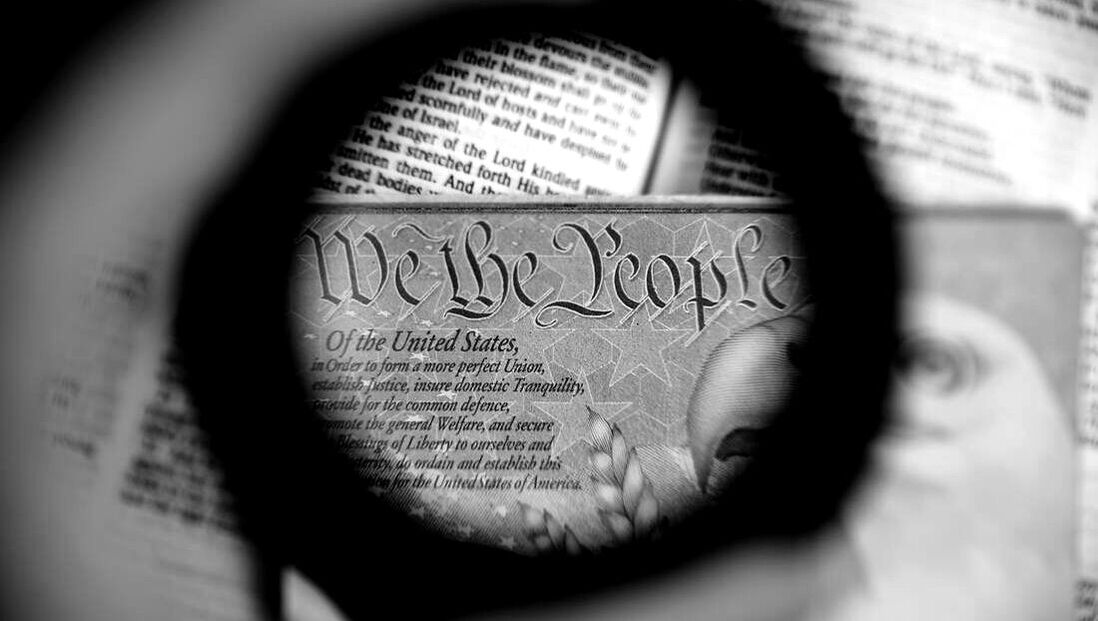|
In their haste to place new restrictions on guns, legislators in Sacramento have recently run roughshod over the freedom of speech protected by the First Amendment. This is a byproduct of enacting AB 2571, a law prohibiting the marketing of firearms or related products in a manner that “reasonably appears to be attractive to minors.”
The law is part of a broader series of initiatives by California lawmakers adopted in the name of preventing gun violence in the wake of a series of devastating shootings across the country. While Protect The 1st supports focused initiatives to reduce the criminal use of guns, vague legislation targeting speech about lawful products because they might appeal to a lawful subset of gun users – with at best dubious impact on illegal shootings – infringes on the First as well as the Second Amendment rights of Americans. Among the various problems with California’s new anti-marketing law is that it is overly broad, has serious consequences for lawful gun users in wholesome youth groups and sporting activities, and chills a tremendous amount of legitimate speech in a viewpoint discriminatory manner. For example, the law prohibits “images or depictions of minors in advertising and marketing materials to depict the use of firearm-related products." But many groups, from sporting associations to the Boy Scouts, use such advertising to generate interest in organizations that give youth much-needed structure, companionship, and character-building activities. One such group is the California Grizzlies Junior Rifle Program, “a sports program consisting of youths aged 13-20 and focused on providing leadership development in the training of firearm safety, marksmanship, and competition to encourage personal growth, self-discipline, responsibility, team, and life skills development.” Until recently, the front page of the Grizzlies website featured an image of several youth members sitting together. Now, the entire website is inaccessible and displays a message: “Due to recent California legislation, we are making some updates to our site. We will be back shortly.” California’s new law sharply proscribes the ability of groups like the California Grizzlies to promote their youth organization in the state or to obtain sponsors for its youth sporting events. Indeed, it even seems to restrict the group from selling T-shirts and hats with its name or the name of various events on them. Of course, the law has no impact on groups or marketing that criticizes guns or shooting events, and thus commits the cardinal First Amendment sin of viewpoint discrimination. Ultimately, it curtails such a tremendous amount of speech that it could mean the death of some sports and sporting groups entirely. California is not the only state cracking down on Second Amendment rights by targeting those of the First. In New York, lawmakers have passed a new requirement that citizens seeking gun permits must surrender their social media accounts for review, without probable cause or a warrant for such an intrusive invasion of privacy. Although touted as an attempt to detect missed warning signs about when someone might commit gun violence, the law would give enforcement officials an unprecedented window into the political and religious beliefs and associations of American citizens. The outcome evokes the Philip K. Dick story and Steven Spielberg movie, Minority Report, in which people are arrested not because they have done anything wrong, but because of a prediction that they might do something wrong in the future. New York’s law promises to be just as invasive as Minority Report’s enforcement against “precrime,” but a lot less effective. And such an intrusion is far more likely to be abused for political purposes, as history has repeatedly shown with past efforts by the FBI and other agencies to monitor and track political associations. While legitimate attempts to curtail America’s troubling spate of unlawful gun violence are vital, they can never come at the expense of our Constitutional rights or involve overbroad restrictions on the rights of citizens who have done nothing wrong. Such rules must be more narrowly tailored to protect the rights of all Americans. Comments are closed.
|
Archives
June 2024
Categories
All
|
ABOUT |
ISSUES |
TAKE ACTION |



 RSS Feed
RSS Feed